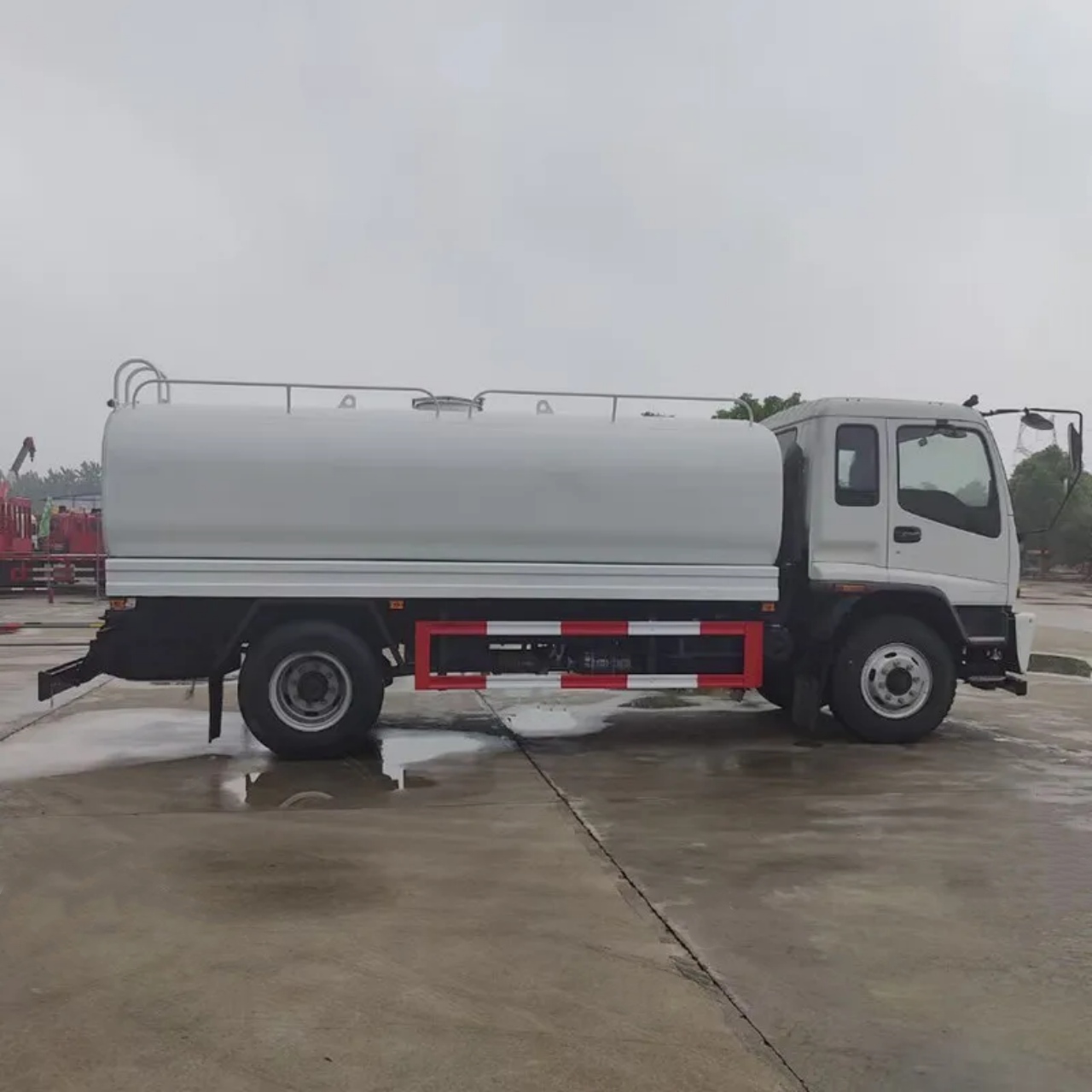What is the Meaning of Water Truck?
A water truck, also known as a water tanker or water bowser, is a specialized vehicle designed to transport and distribute water. These trucks are equipped with a large tank, pumping systems, and various nozzles or sprayers to meet a range of industrial, agricultural, and municipal needs. The importance of water trucks spans numerous industries, making them indispensable in diverse applications, from construction sites to firefighting operations.
Historical Background of Water Trucks
The concept of transporting water dates back centuries, with primitive methods involving barrels on carts or animals. The advent of the Industrial Revolution and advancements in vehicle engineering paved the way for the modern water truck. Over time, these vehicles evolved to incorporate specialized tanks, advanced pumping systems, and sophisticated control mechanisms, making them highly efficient and versatile.
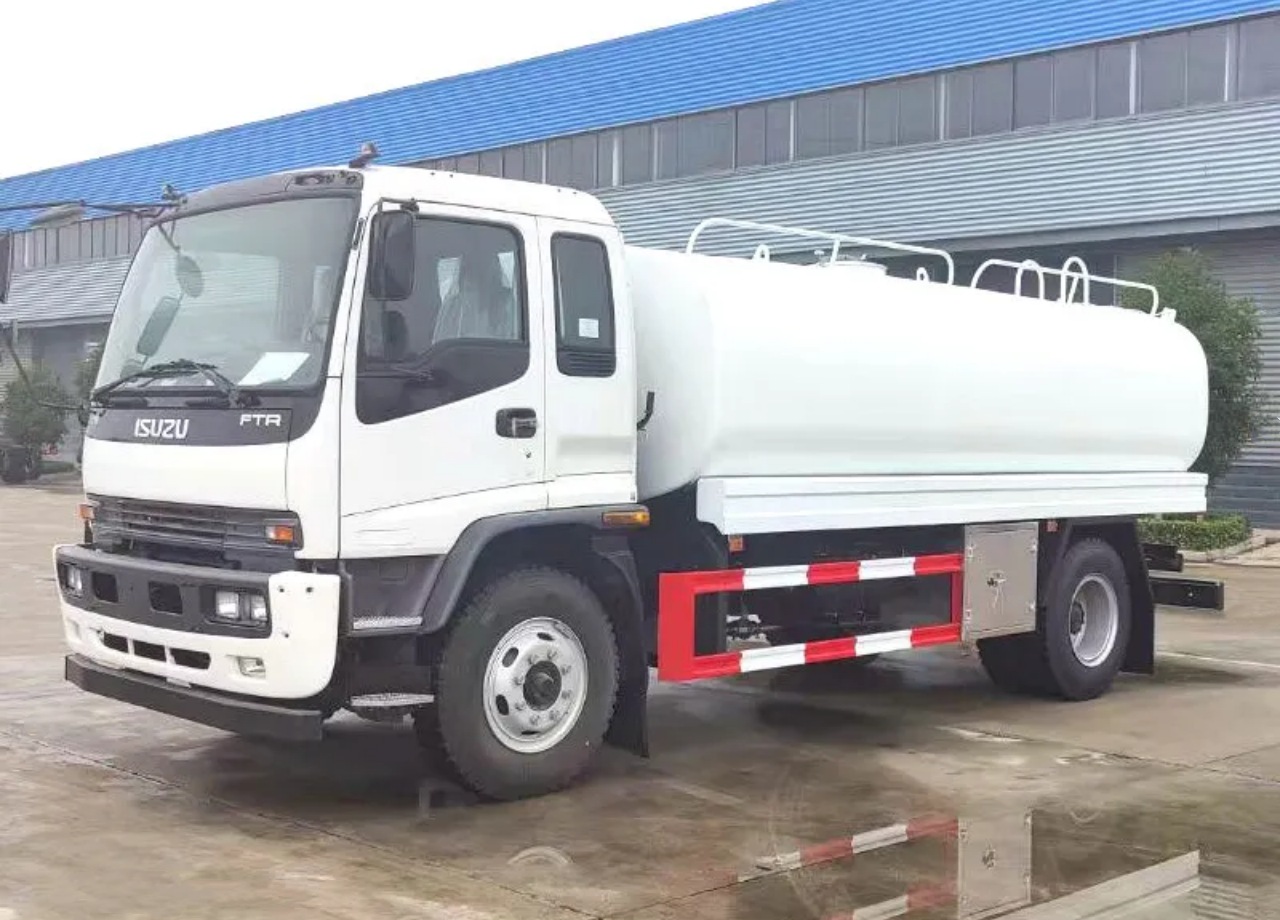
Primary Components of a Water Truck
A water truck comprises several key components that enable it to perform its functions effectively:
- Tank:
- The core feature of any water truck is its tank, typically made of materials like steel, aluminum, or polyethylene. The tank’s size can vary widely, ranging from a few hundred gallons to tens of thousands of gallons, depending on the truck’s intended use.
- Pump System:
- A high-powered pump system facilitates the loading and unloading of water. This system ensures water can be sprayed at varying pressures and volumes as required.
- Sprayers and Nozzles:
- Water trucks are equipped with adjustable nozzles and sprayers for controlled water distribution. These components can be mounted on the rear, sides, or even the front of the truck.
- Hoses:
- Flexible and durable hoses enable water delivery to specific locations or equipment that the truck cannot reach directly.
- Control Systems:
- Modern water trucks feature electronic control systems, allowing operators to adjust spray patterns, water pressure, and flow rates.
Applications of Water Trucks
Water trucks serve a multitude of purposes across various sectors. Below are some of the most common applications:
- Construction:
- Dust suppression is a critical requirement on construction sites. Water trucks spray water over dusty areas to minimize airborne particles, improving air quality and visibility for workers.
- Mining:
- Similar to construction, mining operations generate significant dust. Water trucks are used to dampen surfaces, preventing hazardous dust clouds and maintaining safety standards.
- Agriculture:
- In agriculture, water trucks provide irrigation to fields, particularly in regions where traditional irrigation systems are unavailable. They also deliver water to livestock.
- Firefighting:
- Water trucks act as mobile water sources in areas lacking fire hydrants. Their ability to transport large volumes of water makes them vital for combating wildfires and other large-scale fire emergencies.
- Municipal Services:
- Cities and towns utilize water trucks for tasks like street cleaning and park irrigation. These trucks play a role in maintaining public infrastructure and green spaces.
- Event Services:
- Large outdoor events often require water trucks for temporary water supply, dust control, or even creating artificial rain effects.
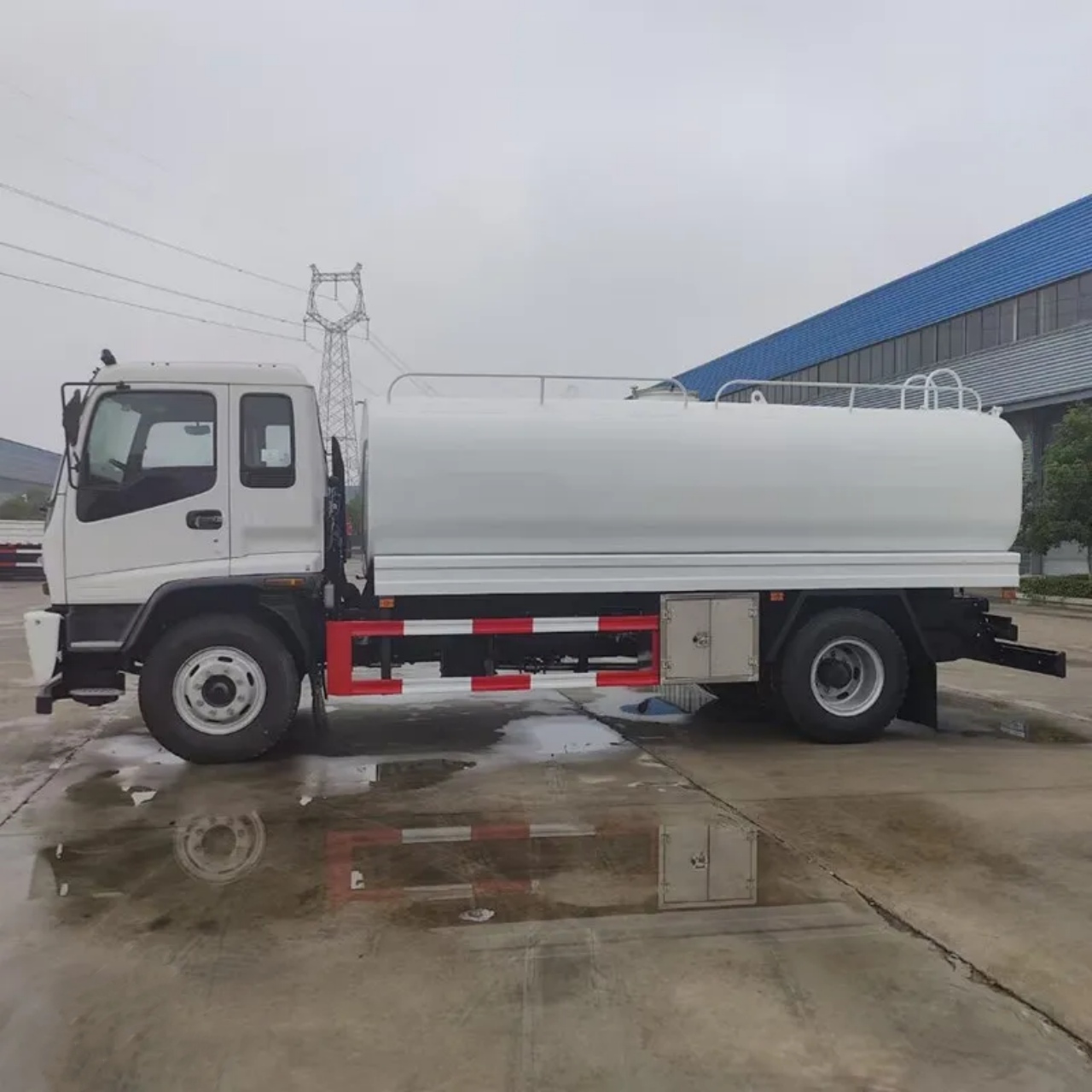
Types of Water Trucks
Water trucks come in various configurations tailored to specific needs. The most common types include:
- Standard Water Trucks:
- These are general-purpose trucks used for tasks like dust suppression, road cleaning, and basic water transport.
- Off-Road Water Trucks:
- Designed for rugged terrains, these trucks are ideal for mining and construction sites. They feature reinforced frames and high-capacity tanks.
- Firefighting Water Trucks:
- Equipped with specialized pumps and hoses, these trucks are built to assist in firefighting efforts.
- Agricultural Water Trucks:
- These models often include features like drip irrigation systems and fertilization capabilities, tailored for farm use.
- Potable Water Trucks:
- Designed for the safe transport of drinking water, these trucks adhere to stringent health and safety standards.
Advantages of Using Water Trucks
The benefits of water trucks are numerous, making them a valuable asset in various scenarios:
- Versatility:
- From firefighting to agriculture, water trucks can adapt to a wide range of tasks.
- Efficiency:
- These vehicles can transport large volumes of water quickly, saving time and labor.
- Mobility:
- Water trucks bring water to remote or hard-to-reach locations, ensuring essential services are maintained.
- Environmental Benefits:
- By controlling dust and preventing soil erosion, water trucks contribute to environmental preservation.
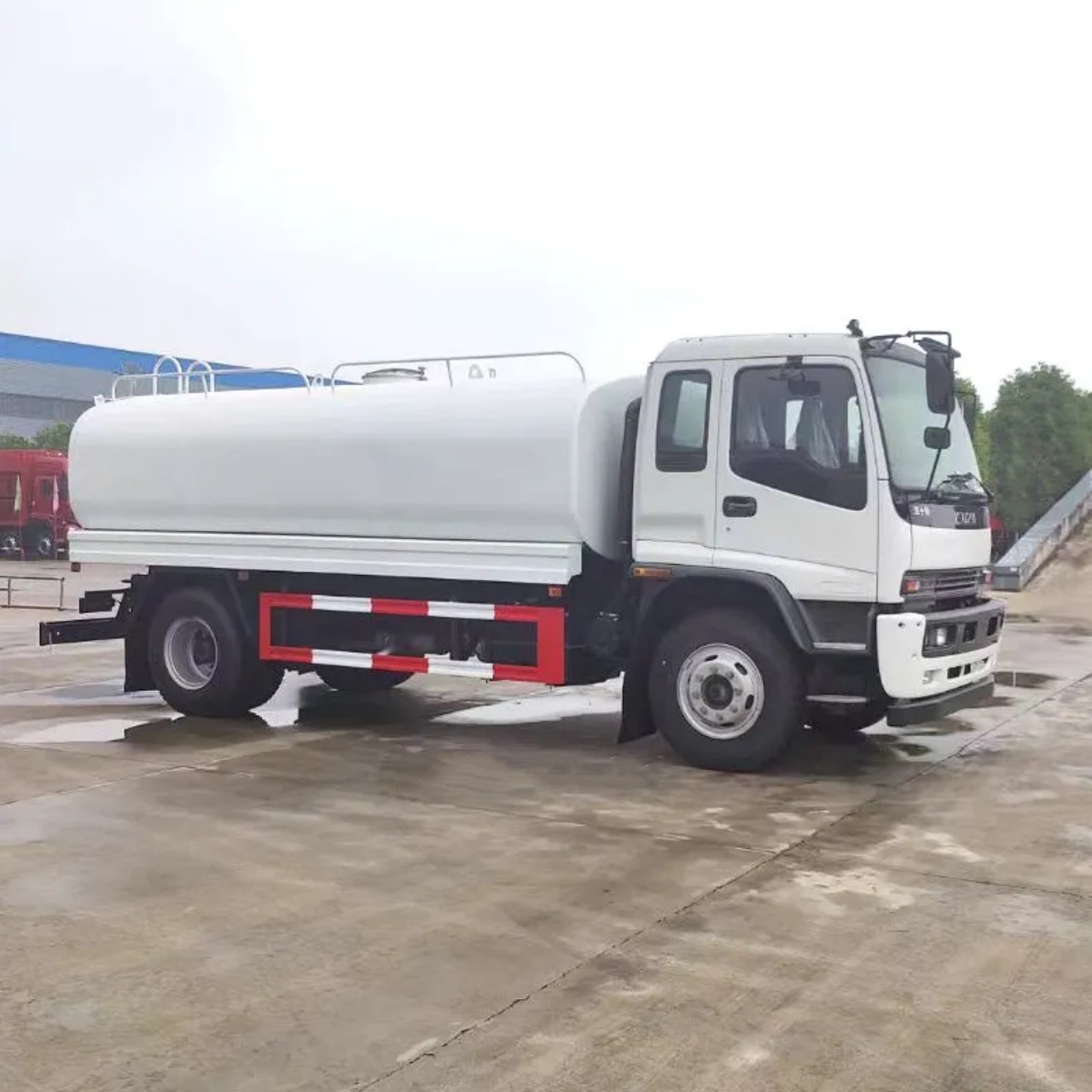
Challenges and Limitations
While water trucks are highly efficient, they do come with certain challenges:
- High Costs:
- The purchase, maintenance, and operation of water trucks can be expensive, particularly for smaller organizations.
- Limited Reach:
- Despite their mobility, water trucks may struggle to access extremely remote or rugged locations.
- Regulations:
- Transporting and distributing water, especially potable water, involves adhering to strict regulatory standards.
Innovations in Water Truck Technology
Recent advancements have significantly enhanced the functionality and efficiency of water trucks:
- Smart Control Systems:
- Modern trucks now feature GPS tracking and automated spray systems, allowing for precise water distribution.
- Eco-Friendly Designs:
- Newer models prioritize fuel efficiency and reduced emissions, aligning with global sustainability goals.
- Hybrid and Electric Models:
- Emerging technologies are introducing hybrid and electric water trucks, reducing reliance on fossil fuels.
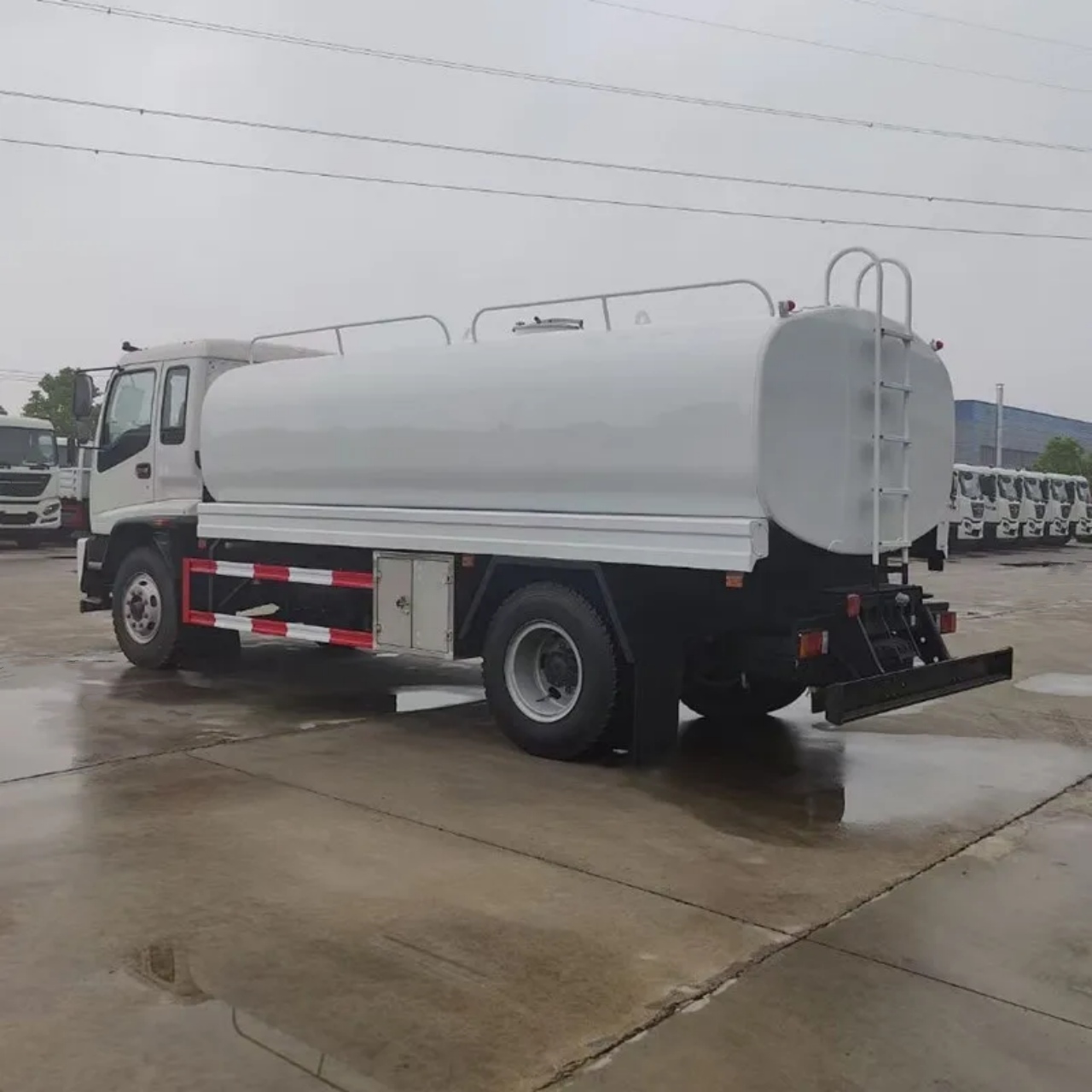
Selecting the Right Water Truck
Choosing the right water truck depends on several factors:
- Capacity Requirements:
- The size of the tank should align with the intended application.
- Terrain:
- Off-road models are better suited for rugged conditions, while standard models suffice for urban use.
- Budget:
- Consider both initial costs and ongoing maintenance expenses.
- Purpose:
- Specialized tasks like firefighting or potable water transport may require specific features.
Conclusion
The meaning of a water truck extends beyond its basic function as a water carrier. It is a versatile, essential tool that supports numerous industries and communities worldwide. From dust suppression on construction sites to firefighting and agricultural irrigation, water trucks play a critical role in addressing challenges that require efficient water transport and distribution. With ongoing technological advancements, the capabilities and applications of water trucks are set to expand, further solidifying their importance in modern society.
